Technical Writers: What Are They and Do You Need One?

A writer can fill several different positions in the professional writing world. While businesses outside the industry tend to misuse the terminology, each kind of writer fills a specific role and has specific duties. It's essential to hire the correct type of writer if you want them to do the best possible job.
- Authors, who typically write less formal, long-form content like books.
- Copywriters typically write short-form copy for ads, social media posts, product descriptions, and other media.
- Technical writers, who usually write product documentation and help center materials.
- Bloggers typically focus on medium-length content for web publication.
And, of course, you also have industry-specific kinds of writers, like medical writers or grant writers for the nonprofit sector. On top of that, all of them can be ghostwriters, too.
As the title of today's post implies, I will dig into one of these roles. Specifically, let's talk about technical writers.
 30 Second Summary
30 Second Summary
Professional writing encompasses various roles, each with specific duties. Authors usually create long-form content; copywriters focus on short ads, product descriptions, or social media posts. Technical writers work on product documentation and help-center resources. Bloggers primarily work on medium-length web content. Each type can specialize in an industry, for example, medical or grant writing. Hiring the correct type ensures quality work, and any of them can be ghostwriters. A separate focus is on technical writers, who draft manuals, reports, user guides, etc.
What Is a Technical Writer?
Let's say you've purchased a new product. You find it and open it up, and find a 50-page manual full of diagrams of parts, specifications, and how-to instructions on how it works. It's semi-complicated, so you need to reference the manual.
That's what a technical writer does, and it's how they've earned the technical writing job title.
"A technical writer writes company documents such as instruction manuals, intermediate to end-user manuals, reference guides, operating procedure guides, white papers, and specialized product descriptions." – Technical Writer HQ.
The content created by a technical writer can be made for different purposes, including:
- Internal Business Use content includes procedure documentation, user guides, manuals, service documents, or reports.
- External Business Use content includes usage guides, repair guides, knowledge base documentation, customer service documentation, and client proposal documentation.
So, your technical writer might help draft up an employee handbook, write your internal knowledge base wiki, or build a customer service database or FAQ. They might write up a manual for product usage or document business processes for internal consistency. They might also create reports and proposals for executive teams at the higher levels and facilitate communication between C-levels and Directors.
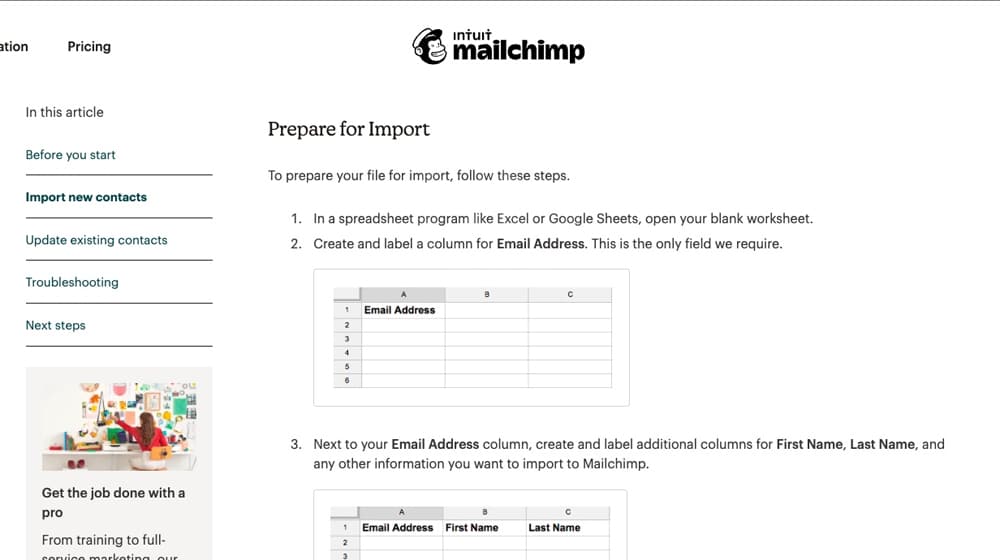
As you might expect, all of this falls under the heading of "technical documentation," hence technical writers. The content itself is, as you might expect, technical.
Technical writers can be:
- Freelance contractors, working per project.
- Long-term contractors, working to document everything about a business until it's caught up.
- Part-time or full-time Employees, documenting everything as the need arises throughout operations.
Technical writers are very rarely ghostwriters. A ghostwriter usually exchanges writing for money by selling the byline. Technical documentation rarely has a byline, so there's no need to hire a ghostwriter over an ordinary writer to produce it. The expectations aren't there.
What, Specifically, Does a Technical Writer Do?
The broad field of technical writing is quite complex. A specialized writer at one company might have a completely different set of responsibilities from a writer at another company.
Typical duties that you'll find in a technical writer's job description can include:
- Researching the technical specifications of a business department, process, or product.
- Plan out technical documentation in a logical order.
- Understand what is necessary and what isn't for the target audience.
- Create, copyedit, and refine the documentation.
- Create diagrams and other illustrations as necessary.
- Maintain a relevant glossary, FAQ, or another library of pertinent terminology.
- Develop technical reports or formalized proposals for high-level business use.
Many writers will have a technical writing certificate, published journal articles or existing works, and years of experience in their field. They should be able to demonstrate that they have a technical writing career in your specific industry.
The manual that comes with your car, that teaches you how to swap a tire or use the turn signals, is a piece of technical writing. So, too, is the service manual, meant for mechanics and not the end-user. The customer self-service knowledge base on the automaker's website is also filled with technical content.
All of the Haynes Manuals, Google's Help Center, and even things like Case Studies are examples of technical writing.
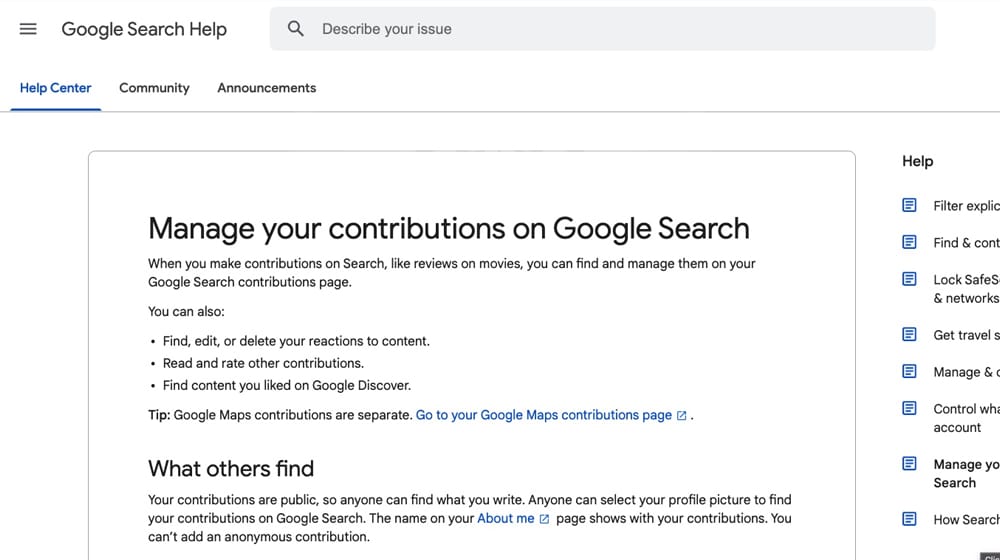
Technical writers need to be relentless experts in their field (but not necessarily certified) . A technical writer for a car manufacturer needs to understand the car's design inside and out. A technical writer in the medical field needs to know enough about biochemistry to document medication properly. A technical writer for a business needs to understand how the business functions, to write process documentation appropriately.
That said, technical writers often have subject matter experts review their final product and approve it. For example, a medical writer might have an actual biochemist review and ensure accuracy. A technical writer creating a product manual might have a lawyer look over it before it's published to guarantee there's nothing in it capable of creating liability for the company.
After all, technical documentation needs to be accurate, and it needs to be written for the appropriate audience.
To use the automaker example again, a sales specification document, a user manual, and a repair manual must contain similar technical information. However, the information with the most value varies, the level of technical detail varies, and the scope of the documentation changes.
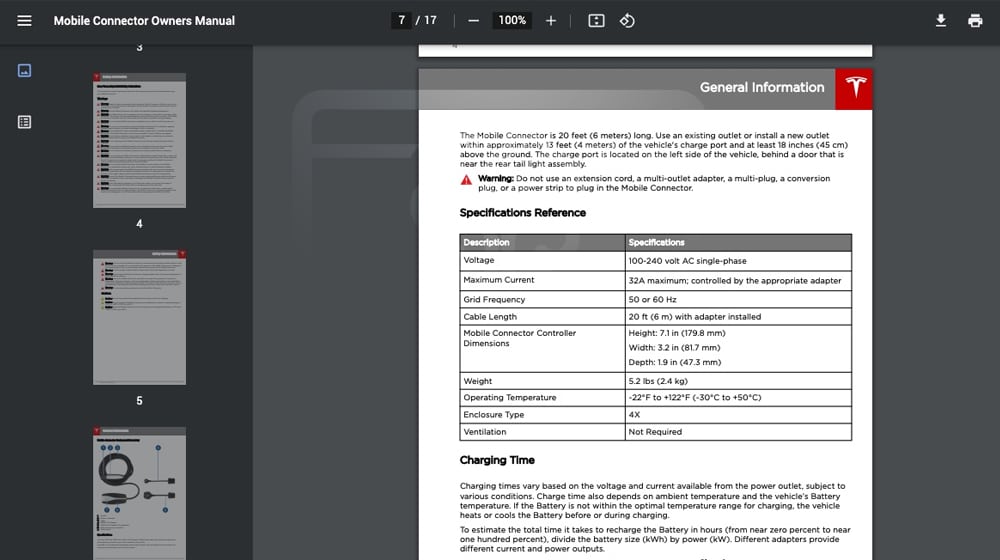
Providing a Haynes Manual to an end-user is inappropriate. That's because the people who are looking to buy a car, looking to troubleshoot their vehicle, and people who professionally repair the vehicles all have different needs. Most people's need for automobile knowledge involves using turn signals and inflating tires, not swapping out air ducting or replacing the catalytic converter.
What Skills Does a Technical Writer Need?
Technical writers need a particular set of writing skills and communication skills to be effective.
1. First, they need to be highly effective communicators. A technical writer needs to convey accurate and technical information to an end-user to understand and parse it. If the guide is filled with complex information that is too difficult for them to understand, it will be confusing to the point of uselessness. If it's too simple, the user won't get any value.
At the same time, the technical writer may need to ask practical questions of subject matter experts. In their documentation, they may encounter questions they don't have and can't find the answer to. They need to ask a relevant expert what they need to know for the documentation. And, since the expert might not know when to stop, the technical writer also needs to know how to extract the specific value from a potentially lengthy response.

2. Relatedly, technical writers need a firm grasp of their language. They need to be precise with what they're saying and write to a practical reading level, targeted specifically to their audience. Technical mistakes, poor word choice, muddled meanings; are all terrible for technical documentation.
3. Next, they need to have a detail-oriented perspective. A technical writer needs an eye for minor details because minor details need to be accurate. They can't gloss over specific details because those details might be necessary.
We create blog content that converts - not just for ourselves, but for our clients, too.
We pick blog topics like hedge funds pick stocks. Then, we create articles that are 10x better to earn the top spot.
Content marketing has two ingredients - content and marketing. We've earned our black belts in both.
For example, in one of my how-to guides on some web service or another, I might write something like:
"Log into your dashboard and find the Reports section in the sidebar."
That's good enough for me because I'm not writing technical documentation; I'm writing a pretty simple how-to guide. Meanwhile, a technical writer might write:
"From the dashboard, click on the Reports heading in the left-hand sidebar, third from the top."
They're more specific because part of technical documentation is specificity. Of course, that's a generic example.
4. Technical writers also need an understanding of logical flow. When documenting a business process, your writer will require critical thinking skills, and steps need to be ordered appropriately. Consider, for example, a recipe. You write the step-by-step instructions on baking a loaf of bread one after another, in the order they're done. However, you might be able to reorganize some; for example, there's no reason to put "preheat the oven" at the start when there's an hour of proofing the dough in before baking; no one is going to want to let their oven sit running for that long with nothing inside it.
Different automakers have different patterns. The longer or larger a piece of documentation, the more options there are, and the more critical it becomes to establish a convention. Auto manuals might start with usability, then move on to hidden features and minor repairs.
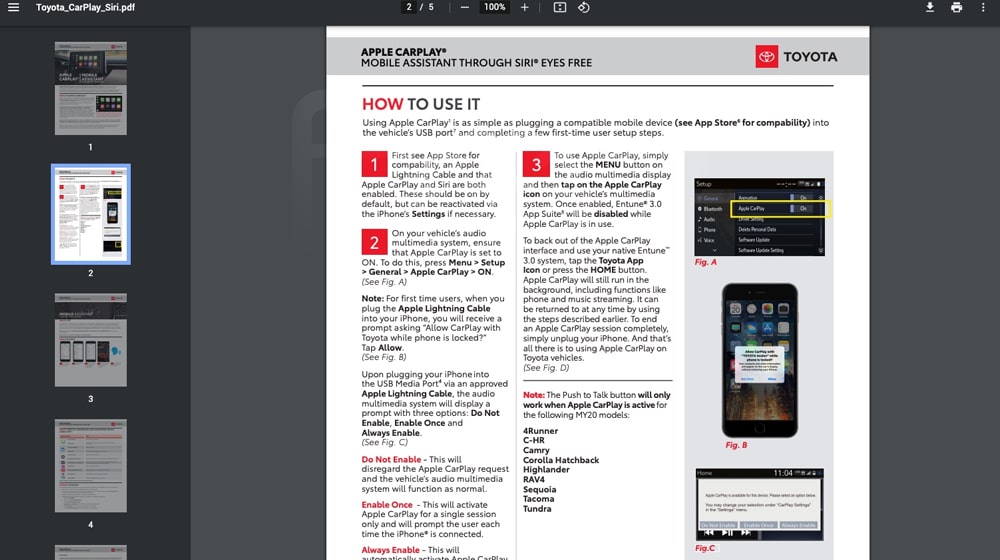
5. This ties into another requirement for technical writers, which is single sourcing. Single sourcing means taking a body of information and producing multiple pieces of content aimed at different audiences. The car example of a user manual and a Haynes manual is a good example; they both contain information about the same car from the same source (the manufacturer), but one is much more technical.
6. Some technical writers may also need basic code or web development knowledge. For example, a technical writer creating customer service documentation may need to know enough HTML, CSS, JavaScript, or Wiki Syntax to start web-based documentation from scratch or within a framework. Technical writers are rarely writing pure text copy - there is generally another skill required for them to be considered a technical writer.
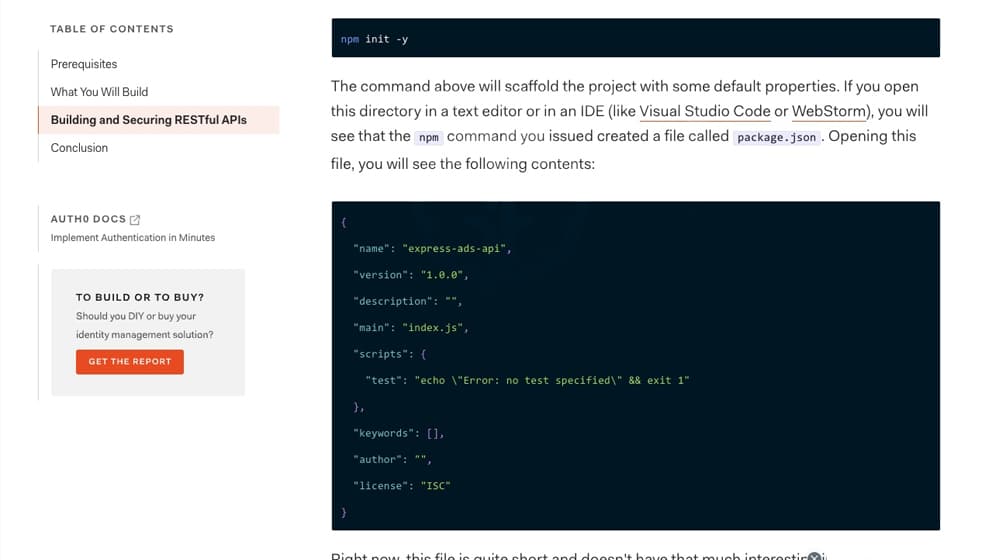
For example, a technical writer on full-stack development likely has two skills: technical writing and programming. There's no other way for a writer to create this kind of accurate programmer content without being a programmer.
Can Anyone Be a Technical Writer?
Honestly, no.
For example, suppose a software development company has a guide that is too confusing or hard for users to understand. In that case, their churn rate will be higher than average, and they'll lose a large handful of customers - all due to poor writing.
Technical writers need a specific mix of detail-oriented personality and sociability to engage with subject matter experts. Often, a technical writer also requires a degree or technical certificate in their subject matter to write about it appropriately.
For example, a medical writer might get a nursing degree or a 4-year degree in medical science or computer science. The writer may even take specific technical writing courses for medical content. They don't need to pursue a Masters's or Doctoral program, but they need at least some formalized education such as a Bachelor's degree.
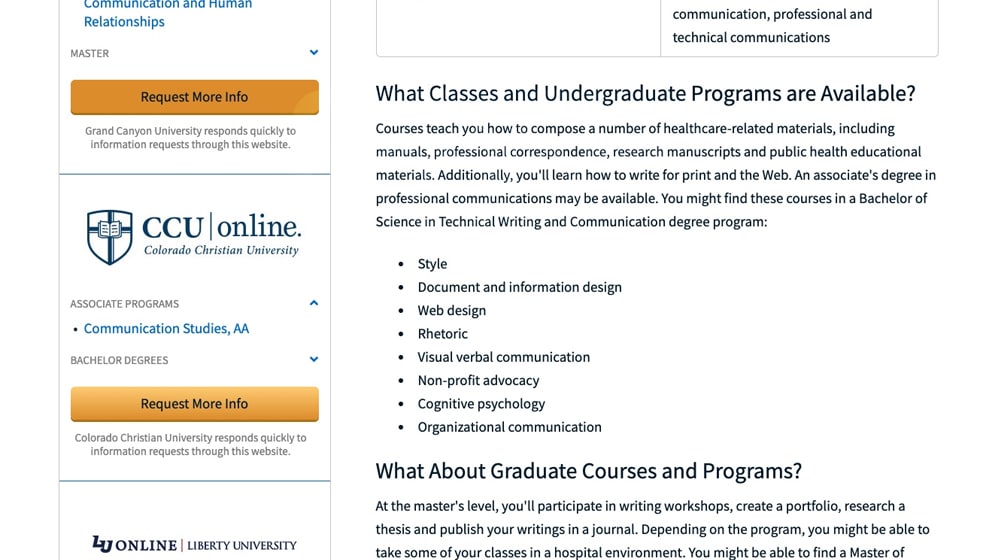
Many technical content writers pick an industry of interest and specialize in it.
That said, technical writers don't always need these degrees to enter a field. Often, all they need is a degree in English or Writing, in Journalism, in Technical Communication, or a technical field like Engineering (though that tends to be less common.)
I've been a writer for over a decade, but as a blogger, I wouldn't thrive as a technical writer. I could learn how, sure, but I would have to suppress many of my habits (like writing in first-person point of view or casually).
Do You Need a Technical Writer?
Maybe!
Nearly every business has needs of some level of business writing and technical documentation. I run a small operation, but I still produce things like a House Style Guide, content briefs, or my site Privacy Policy.
However, I wouldn't say I need a technical writer. I can write technical between online templates and the lower standards necessary for my internal documentation.
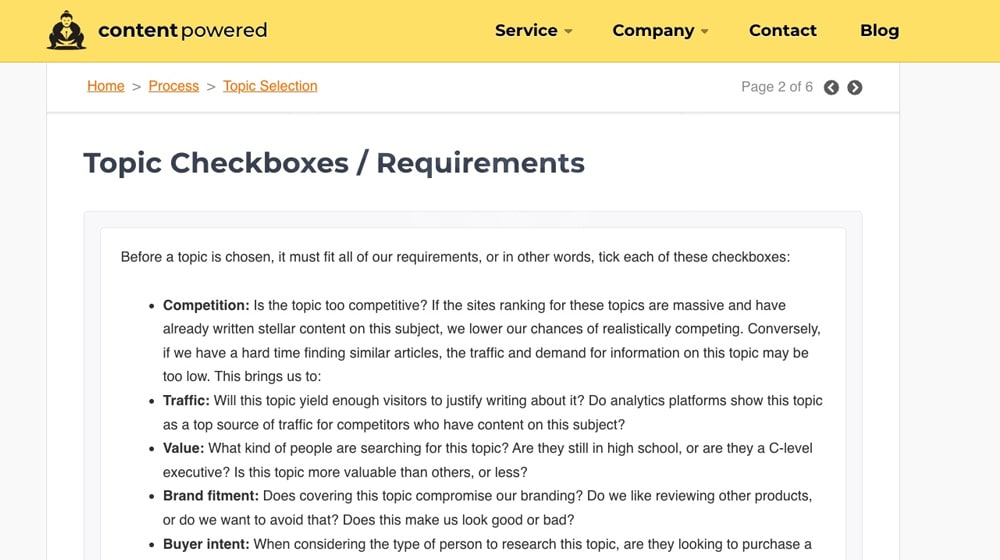
Suppose your business operates in a field where you have customer service needs beyond just answering the phone and talking to clients. In that case, you might benefit from having a technical writer create documentation. If you have large departments with specific processes for generating reports or working with an ATS, a technical writer can document those processes.
And, of course, if your business produces a technical product, and that product is something more complicated than a pen or a shoe, the chances are that creating a user's manual or an online help center for your users is a good idea.
Even then, not all companies use a technical writer for their manuals. Consider Ikea; they're famous for using only pictograms in their assembly instructions, partly because they want a single piece of documentation to be relevant to the entire world, regardless of language. A technical writer may have produced those, but it's not writing so much as it is graphic design.
Technical writers earn roughly $75,000 per year on average, according to the U.S. Bureau of Labor Statistics, with high-end, highly skilled technical writers topping $100,000 per year, and it's with good reason. They're worth their weight in gold in the right circumstances.
Are you considering hiring a technical writer? Do you have any questions for us on technical writers and how they differ from copywriters or content writers? Please let me know in the comments section! I'd be happy to help and get a conversation started on this subject.



 30 Second Summary
30 Second Summary


Comments